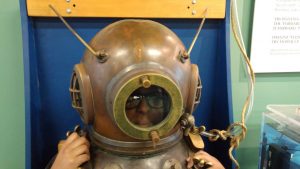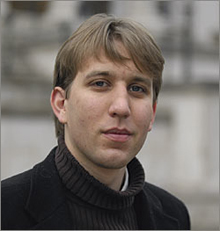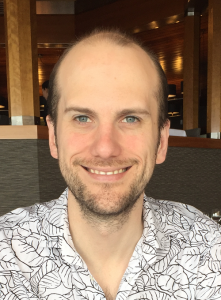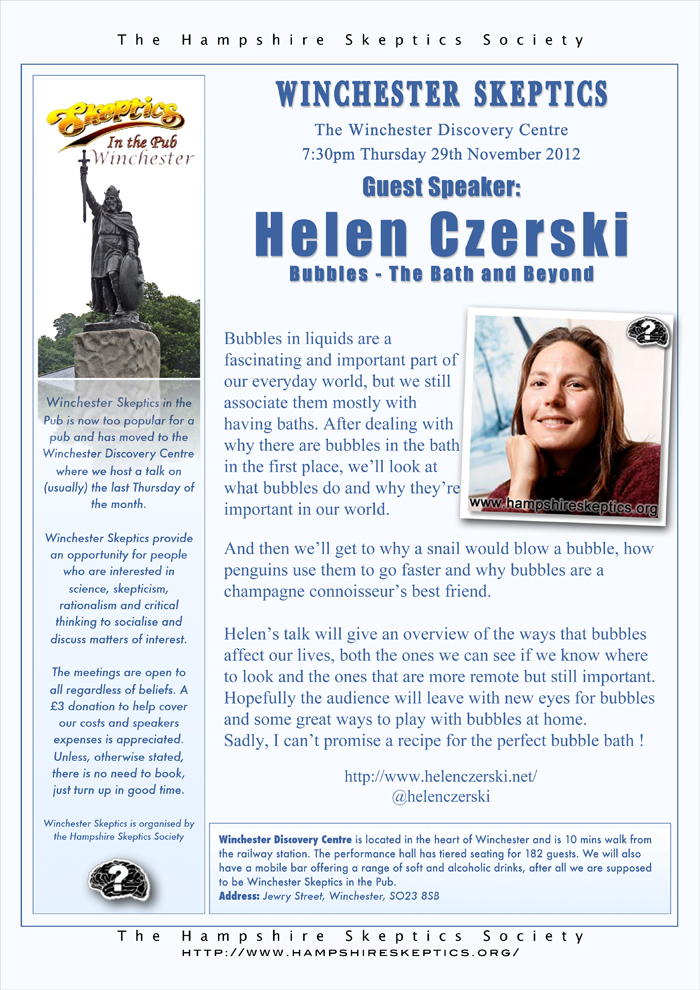Winchester Discovery Centre, Jewry St. 7.00 for 7.30pm
 Have you ever wondered how to inspire non-science people with science, technology, and critical thinking?
Have you ever wondered how to inspire non-science people with science, technology, and critical thinking?
Despite aspirations to attract people from outside science, events like Skeptics in the Pub, Cafe Scientifique and Science Showoff are typically filled with people who already have science degrees rather than the people who could potentially gain the most from them.
This talk explores how the science community and the general public can work together to get more people coming to events like this and encourage the nation as a whole to embrace critical thinking.
Carmen D’Cruz is one of the organisers and co-hosts of London Skeptics in the Pub, an award winning monthly event. Like other Skeptics in the Pub groups, they cover science, technology, history, philosophy and related current affairs. Carmen has worked with groups from all over the world on evidence based campaigns and events, giving talks about critical thinking and the wonders of science for beginners and would-be experts alike.

 Chris Lintott is a Professor of Astrophysics in the Department of Physics at Oxford University. He is involved in a number of popular science projects aimed at bringing astronomy to a wider audience. He is probably best known as the main presenter of the BBC series, The Sky At Night.
Chris Lintott is a Professor of Astrophysics in the Department of Physics at Oxford University. He is involved in a number of popular science projects aimed at bringing astronomy to a wider audience. He is probably best known as the main presenter of the BBC series, The Sky At Night. Helen Czerski
Helen Czerski David Gorski
David Gorski Emma McClure
Emma McClure Caroline Rance
Caroline Rance Phil Scraton
Phil Scraton Kavin Senapathy
Kavin Senapathy Simon Singh
Simon Singh
